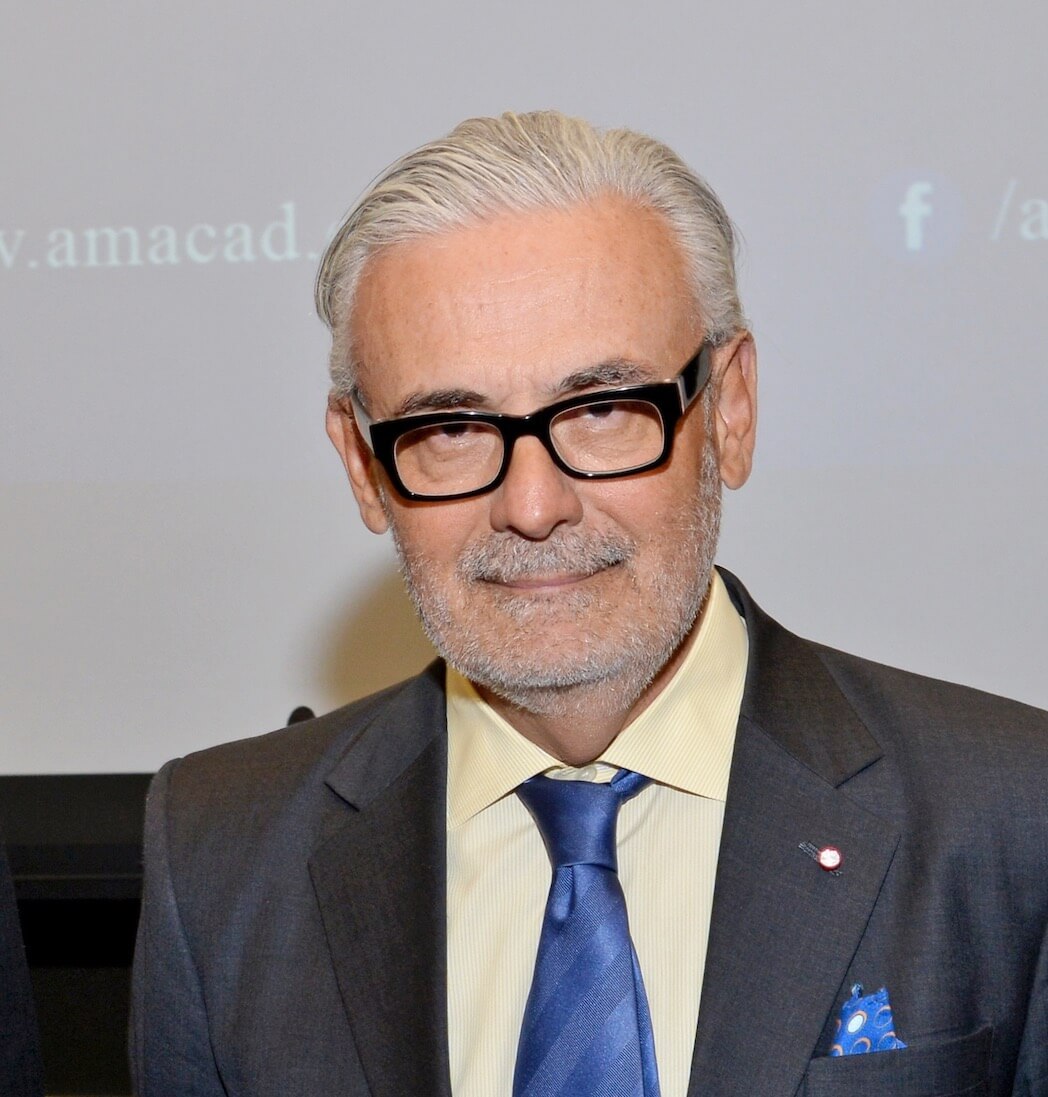Thirteenth International Summer School on Mind, Brain and Education
2018 October 16–20
Migrants and Refugees in the 21st Century: Children in and out of schools
Directors of the School:
Kurt W. Fischer, Antonio M. Battro and Sebastián J. Lipina
Director of the Course: Marcelo Suárez Orozco
Program Officer of the School: Lula Majdalani
UCLA (USA) and Pontifical Academy of Sciences, Vatican
Marcelo Suárez-Orozco is the inaugural UCLA Wasserman Dean of UCLA’s Graduate School of Education & Information Studies. His research focuses on cultural psychology and psychological anthropology, with an emphasis on migration, globalization, and education. His award-winning books have been published by Harvard University Press, Stanford University Press, University of California Press, Cambridge University Press, New York University Press, and others. His scholarly papers, in a range of disciplines and languages, appear in journals including Harvard Business Review, Harvard Educational Review, Revue Française de Pédagogie (Paris), Cultuur en Migratie (Leuven), Temas: Cultura, Ideologia y Sociedad (Havana), Ethos, The Journal of the American Academy of Arts and Sciences, Harvard Policy Review, and others. He regularly contributes to national and international media outlets including The New York Times, The Economist, The Washington Post, The Los Angeles Times, Time, Newsweek, U.S News and World Report, The Huffington Post, CNN, NPR, CNN Español, MSNBC, and many others. A member of the American Academy of Arts and Sciences Governance and Trust Board, the National Academy of Education, a Trustee of the Carnegie Foundation for the Advancement of Teaching, and recipient of Mexican Order of the Aztec Eagle, Dean Suárez-Orozco has served as Special Advisor to the Chief Prosecutor, The International Criminal Court, The Hague, The Netherlands. At Harvard, he served as the Victor S. Thomas Professor of Education and Culture, Co-Founder and Co-Director of the Harvard Immigration Projects, and founding Member of the Executive Committee of the David Rockefeller Center for Latin American Studies. At NYU he served as the inaugural Courtney Sale Ross University Professor of Globalization and Education. Dean Suárez-Orozco has held fellowships at Stanford's Center for Advanced Study and Princeton's Institute for Advanced Study. He has been Visiting Professor at the École des hautes études en sciences sociales (EHESS, Paris), the University of Barcelona, Catholic University of Leuven and has lectured at the German Foreign Office, the Mexican Foreign Office, the Spanish Foreign Office, The Vatican, US Congress, the UN, and Davos, and others. An immigrant from Argentina he is product of the California Master plan having studied in Community College and at the UC Berkeley where he received his A.B (Psychology), M.A. and Ph. D. (Anthropology, 1986). In January of 2018 His Holiness Pope Francis appointed Dean Suárez-Orozco to the Pontifical Academy of Social Sciences and on July 4th, 2018 he was named 'A Great Immigrant/Great American' by the Carnegie Corporation of New York.

Children and youth in the catastrophic migrations of the 21st Century
Catastrophic migrations are placing millions of human beings at grave risk. In the first quarter of the twenty-first century, the world witnessed the largest number of forcibly displaced human beings in history: while precise numbers are both elusive and changing, UN data report that more than sixty-five million people are escaping home into the unknown (UNHCR 2018). The face of the catastrophic migrations of the 21st Century is youthful. Worldwide one in every 200 children is a refugee, almost twice the number of a decade ago. According UN figures in 2015 there were 28 million children forcefully displaced. Another 20 million children were international migrants. Their combined number is now larger than the populations of Canada and Sweden put together. Millions of children are internal migrants. In China alone an estimated 35 million children are internal migrants. Data show that in the 21st Century, even under the best of circumstances, migrations separate family members and disrupt familial bonds. This paper endeavors to identify needs as well as new models to best address the physical and mental health, legal protections, education, and well-being of asylum seekers, refugees, and irregular migrant children and youth in varied destinations.















